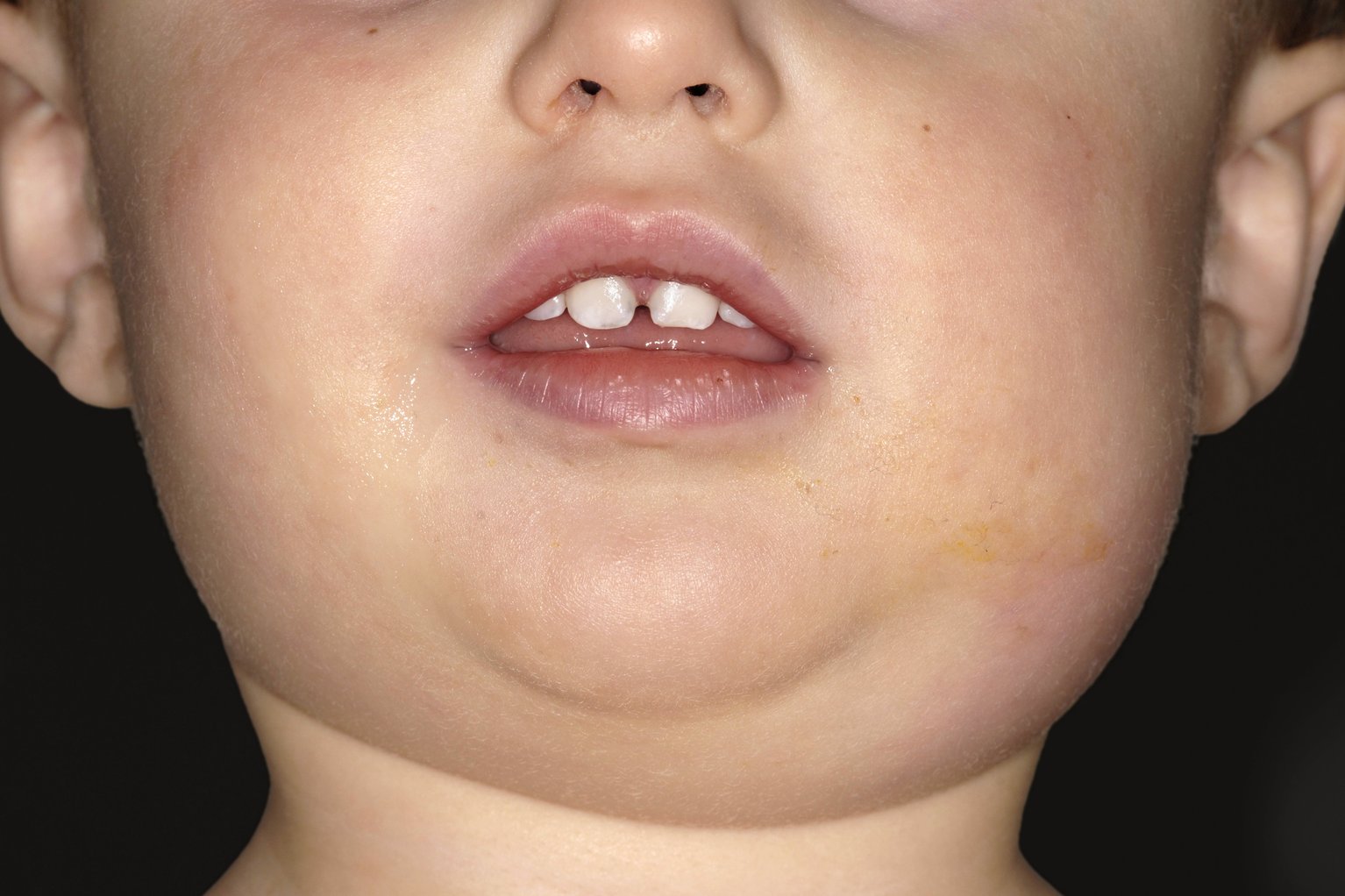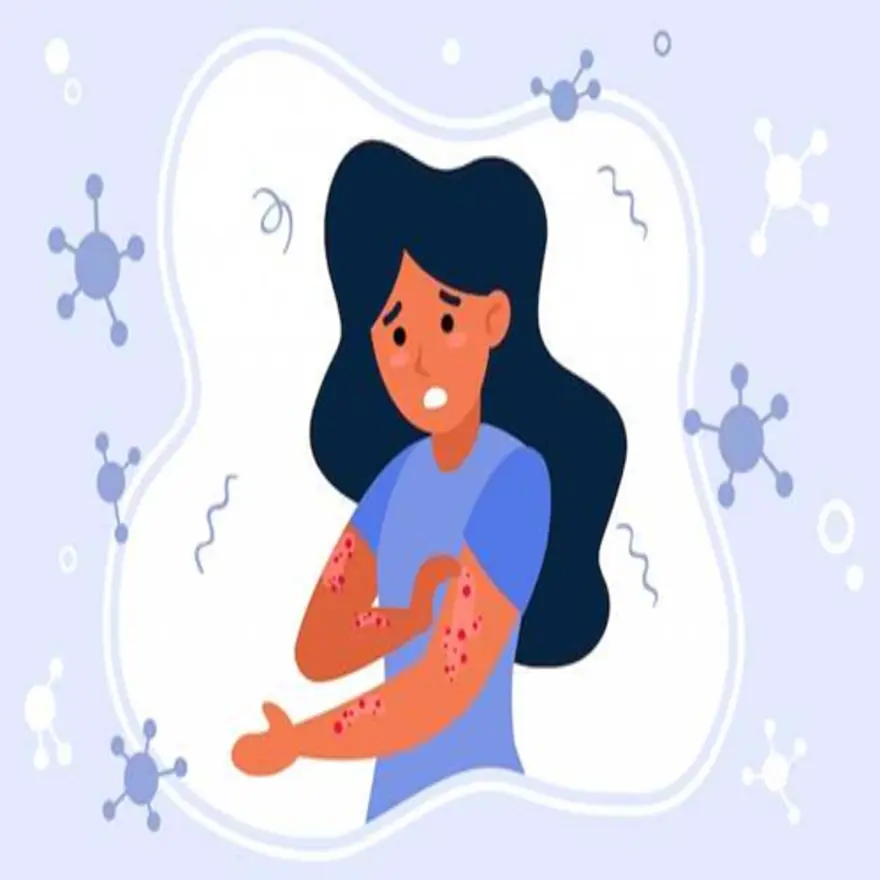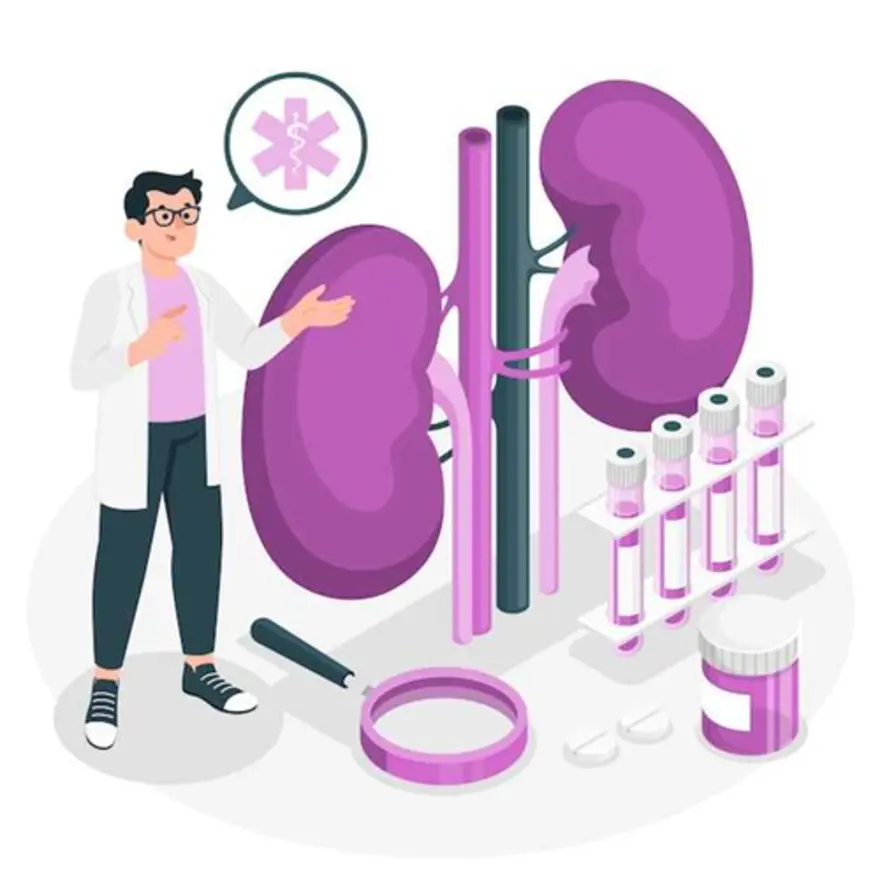Preventive Healthcare
What You Need to Know About Mumps and How to Protect Yourself
8949 Views
0

Mumps is a viral infection. It causes swelling and pain in the salivary glands. It may seem like a disease of the past. However, outbreaks are still occurring across the globe. This proves that this highly contagious illness is far from eradicated. From swollen cheeks to potential fertility complications, we're delving into all you need to know about mumps – its symptoms, causes, complications and treatment – so you can stay informed and protected.
What are Mumps?
Mumps is an acute viral infection. It is characterised by swelling of the parotid or salivary glands. This viral infection is contagious. It is spread through close contact with an infected person or through exposure to respiratory secretions, such as saliva.
Symptoms of Mumps
Mumps is a contagious viral infection. It primarily affects the salivary glands. It can also cause inflammation of the brain and spinal cord, as well as other organs.
The most distinctive symptom of mumps is swelling of one or both parotid glands. These are located just below and in front of the ears.
Symptoms of mumps include:
Although mumps can be treated by medication and prevented, in some cases, mumps can also cause inflammation of the testicles (orchitis) in boys and men, as well as inflammation of the ovaries (oophoritis) and breasts (mastitis) in girls and women.
Occasionally, mumps can affect your organs, particularly those of adolescents or adults. If any of the following severe symptoms become apparent; contact your child's healthcare provider promptly:
- Stiff neck
- Severe headache
- Vomiting
- Confusion
- Seizures
- Stomach ache
Mumps is most commonly seen in children between the ages of 5 and 9 years old but can occur at any age.
Causes of Mumps
The most common way for the virus to spread is through coughing, sneezing, or talking. It can also be spread through sharing food and drinks with someone who has mumps, or by touching objects that have been contaminated with saliva from someone with the virus.
The virus can live on surfaces like doorknobs, countertops, and toys. It can also be spread through coughing and sneezing. Mumps is most commonly spread during winter and spring.
Complications of Mumps
Mumps is generally a mild illness. But it can occasionally lead to more serious complications. These include:
- Inflammation of the brain (encephalitis)
- Inflammation of the tissues around the brain and spinal cord (meningitis)
- Temporary or permanent hearing loss
- Inflammation of the testicles or ovaries (orchitis or oophoritis)
- Pancreatitis
- Sterility in men
Other risks of mumps include:
- Encephalitis is the most serious complication of mumps. It can lead to death.
- Meningitis occurs in about one in every 10 cases of mumps. It can also be fatal.
- Hearing loss is usually temporary. But it can occasionally be permanent.
- Orchitis and oophoritis are relatively uncommon but can cause severe pain and swelling.
- Pancreatitis is a rare complication but can be very serious.
- Sterility is extremely rare but does occur in some men who have mumps.
Diagnosis of Mumps
The diagnosis of mumps is typically made based on the symptoms and signs present.
A laboratory test, such as a polymerase chain reaction (PCR) test for saliva or urine, can also be used to confirm the diagnosis of mumps.
Other tests that may be used include a blood test (Mumps virus IgG Antibody by CLIA) to look for antibodies against the mumps virus or the culture of fluid from inside the swollen parotid gland.
Treatment for Mumps
There is no specific treatment for mumps. Treatment focuses on relieving symptoms and preventing complications. Some suggestions include:
• Get plenty of rest.
• Drink plenty of fluids.
• Use a warm or cool compress on swollen areas (e.g. cheeks, jaw).
• Take over-the-counter pain medications (e.g. ibuprofen, acetaminophen) to reduce fever and discomfort.
• Avoid sour foods (e.g. citrus fruit and vinegar) as they may cause discomfort due to swelling in the salivary glands.
• Gargle with salt water or use an antiseptic mouthwash to reduce sore throat pain.
• Avoid smoking and secondhand smoke.
• Refrain from kissing, sharing cups or eating utensils, and other close contact with anyone else until the virus has run its course.
Treatment of mumps comes through vaccination with the MMR (mumps, measles, rubella) vaccine.
Prevention of Mumps
The best way to prevent mumps is to vaccinate. The mumps vaccine is typically given in a combination vaccine called the measles-mumps-rubella (MMR) vaccine.
The MMR vaccine is given in two doses: the first dose is typically given at around 12 months of age and the second dose is given at 4 to 6 years of age.
All children must receive both doses of the MMR vaccine to be fully protected against mumps.
If you do develop mumps, there are a few things you can do to help ease your symptoms and prevent the virus from spreading to others. These include:
• Practicing good hygiene such as washing your hands often and avoiding close contact with others who are sick.
• Staying home from work or school if you have been diagnosed with mumps.
Conclusion
Mumps is a virus that can cause severe symptoms in those affected. Understanding the complications and risks associated with this condition is key to preventing it from occurring or reoccurring. It's important to be aware of symptoms, causes, and treatments available should you develop mumps.
Seeking medical attention early on can reduce any potential complications and help ensure your recovery process runs as smoothly as possible. Book a blood test in the comfort of your home with Metropolis Labs, if you or your loved ones are suffering from the mentioned symptoms. With proper treatment, most people can make a full recovery; however, it’s best to take preventative measures when possible to avoid having mumps entirely.























 WhatsApp
WhatsApp